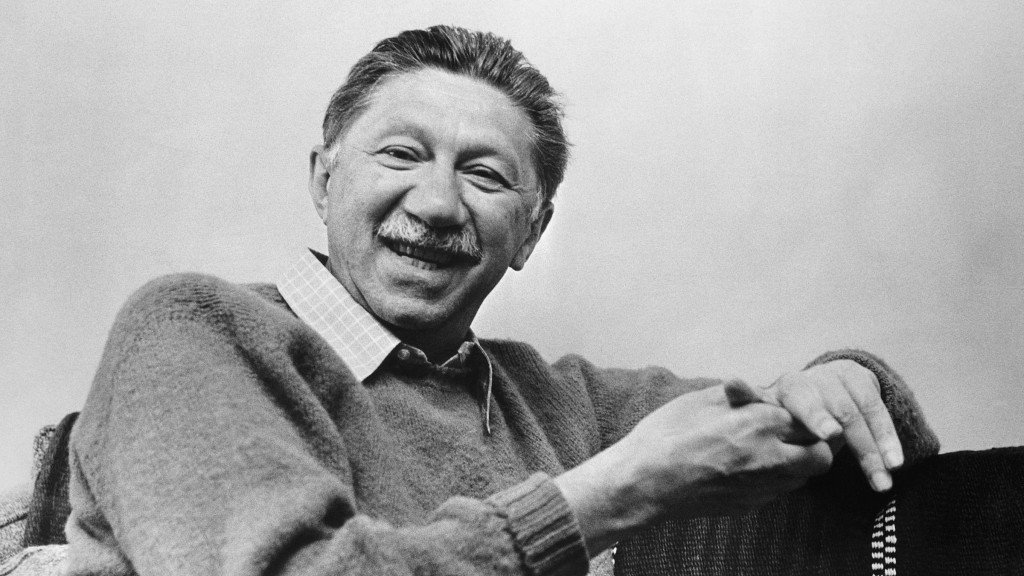YOU'RE SO DAMN NEEDY!
Scott Byars | January 2, 2016HUMAN NEEDS
I thought it fitting to kick off my new blog by writing about the thing that makes humans… well… human.
This might sound a bit crazy, but if we’re going to hang out together we’ve got to get this straight. You are really needy.
Okay, don’t get defensive. I don’t mean YOU. I mean all of us – every single person is a walking cornucopia of human needs.
Needs are fundamental to the human experience. We all have them and they are the reason behind all of our actions. For instance, our desire to knock the chicklets straight out of the smirky smile of the boss’s son because he was promoted to a job that had been promised to us…or the desire to throw ourselves in front of the train to save the helpless child who innocently stumbled into its path. Yep, the reason behind both of these seemingly diametrically opposed actions is basic human needs.
For the philosophy wonks out there like me, a proper definition is in order. Needs are the requirements for our existence and flourishing. They range from our biological need for air and water to our psychological need for meaning and purpose. Loosely grouped, needs fall into seven categories: Sustenance, Protection, Social / Relationship, Leisure, Esteem, Autonomy and Meaning/Purpose. You can download this list with a bit more explanation here: Objective Human Needs
Our needs were formed by an evolutionary process. They became hard wired into us as our ancestors that carried the “needs” traits became more effective than others at surviving and thriving. To compress thousands of years of evolutionary struggles into a pithy sentence – We enjoy this awesome world because our ancestors evolved needs.
Simply put, needs are our nature. They are the foundation of what it means to be human.

Maslow popularized the theory of needs in the 1940’s with his famous hierarchy. If you stayed awake during your Psych 101 course this may ring a bell. However, things have progressed a bit since then. The strict hierarchical view has been re-conceptualized. Evolutionary psychologists have shuffled Maslow’s groupings to better explain their evolutionary origins. What’s remained clear however, is that needs exist, they are universal and they serve to help us survive and thrive.
We now know that needs don’t follow a strict hierarchy, but basic sustenance and protection needs will take precedence if push comes to shove. Because of course, we have to survive before we can thrive. In general however – short of some really unfortunate circumstances which probably aren’t leaving you a lot of spare time to read blogs – all our needs are simultaneously demanding our attention. So much so that we don’t have time for anything else.
In fact, regardless of the time we spend seemingly pissing away on Facebook, we are quite efficient at trying to meet our needs. We don’t waste energy on other pursuits as all of our actions, no matter how mundane, are directed towards meeting our needs.
Now the bad news, sometimes we’re not successful at meeting our needs and if our needs go unmet the results are dysfunction or death. However, the good news is that we can learn to be more successful, and if we meet our needs we get to survive, and even thrive.

To assist us in our pursuit to meet needs our friend evolution devised a nifty little trick – emotions. Emotions provide us updates on the status of our needs. If our needs aren’t being met we feel anxiety and tension. If our needs are being met we feel satisfied and content. By meeting our needs we are not only removing anxiety, but replacing it with well-being. It’s like zipping by Boardwalk and Park Place without paying the rent and collecting our $200 as we pass Go. Woo-hoo! And it is this reversal of fortune that makes us highly motivated to meet our needs.
Yet, motivation – while necessary – isn’t sufficient on its own to assure success. We must also be discriminating and judicious. Since all of our needs demand satisfaction simultaneously we must weigh the factors in play during any particular situation to determine how best to balance the scale. Realistically, we have limited resources – time, energy, willpower, etc. – so compromises must be made. Knowing how to make those compromises to best meet all of our needs is where the rubber meets the road in terms of quality of life.
It is by understanding our needs that we efficiently choose the effective course of action. Not being explicitly aware of our needs makes it much more difficult to determine the best path towards well-being. Our energies aren’t used efficiently and we squander opportunities to thrive.
As anyone who has tried to lose a few unwanted pounds or tried to quit smoking can tell you, it’s really challenging to achieve goals… even if they are well-defined. But if you think achieving well-defined goals is hard, try reaching ill-defined ones.
Don’t worry. It’s ok to be needy because it helps us achieve our ultimate goals in life – to survive and thrive. The degree to which we flourish, is the degree to which we meet – and manage – our omnipresent needs. To identify our needs, and understand that they are the lone driver for all of our actions, is the first step on the road to well-being.
Thanks for joining me on the journey.
